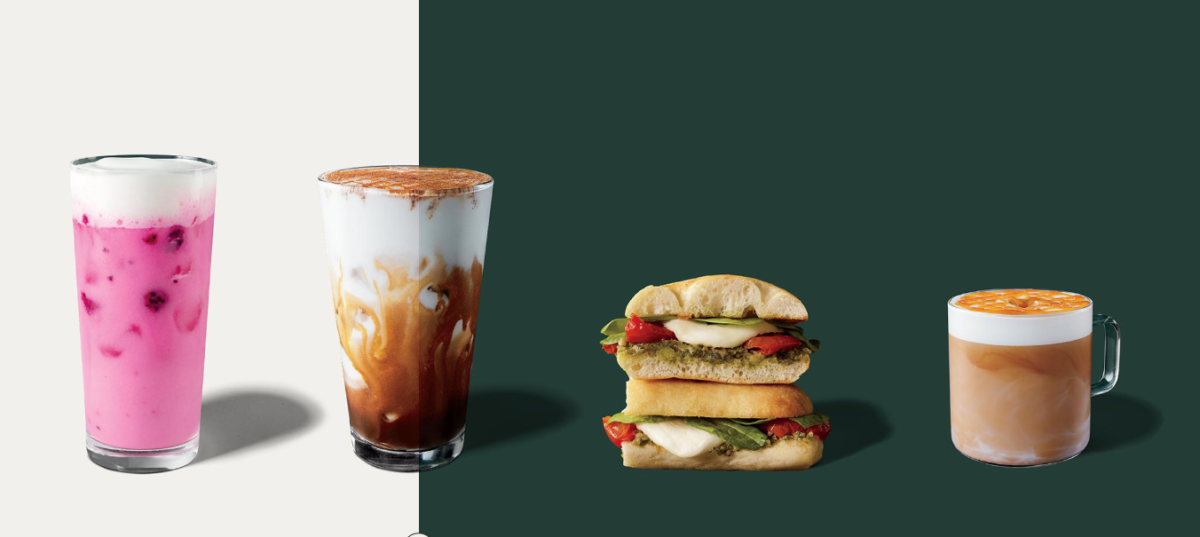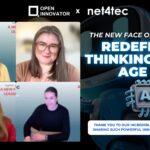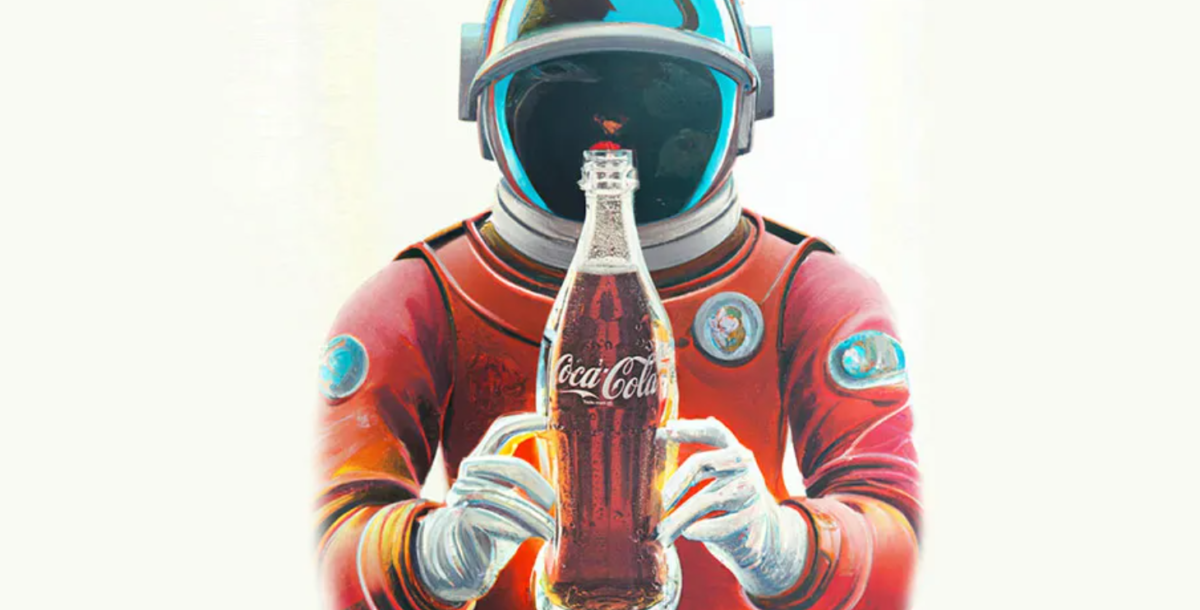To meet and surpass client expectations in the dynamic retail and service sectors, businesses must continuously innovate. Starbucks, a market leader in coffee shops worldwide, has demonstrated this with its ground-breaking Digital Flywheel approach. Starbucks has created a smooth and customized customer experience by utilizing data analytics and artificial intelligence (AI), which not only increases customer pleasure but also boosts operational efficiency. This case study explores Starbucks’ Digital Flywheel strategy’s main elements and effects, showing how the business has used technology to maintain its lead in a cutthroat industry.
Key Components of the Digital Flywheel
Analytics and Data Gathering
The foundation of Starbucks’ Digital Flywheel strategy is data collection and analytics. Starbucks collects a lot of information about its customers’ tastes, buying patterns, and contextual elements like location and weather thanks to its rewards program and mobile app, which have over 17 million users. Starbucks’ individualized marketing strategy and product offerings are based on this data. Starbucks can adjust its marketing strategies to match the unique requirements and preferences of its consumers by examining what they order, when they order it, and how frequently they come.
• Data Integration: Starbucks is able to develop a thorough picture of every consumer by combining data from several sources. By using a comprehensive strategy to data collecting, the business is able to comprehend the complex tastes and behaviors of its clientele.
• Contextual Insights: Starbucks’ marketing techniques are greatly influenced by variables like geographical information and weather. For example, the app may recommend a cold beverage on a hot day and a hot cup of tea or coffee on a chilly day.
Personalized Customer Experience
The Digital Flywheel strategy’s capacity to deliver a customized client experience is one of its most notable aspects. Starbucks is able to provide its consumers with personalized recommendations by utilizing artificial intelligence. For instance, the point-of-sale system can recognize a consumer via their app and recommend their preferred orders when they visit a new location. Similar to being recognized by a familiar barista, this customized touch gives consumers a sense of worth and understanding.
• Targeted promos: By sending personalized promos according to each user’s past purchases, the app increases user engagement and promotes return visits. The purpose of these promos is to appeal to the individual tastes of each consumer, increasing the likelihood that they will take action.
• AI-Powered Suggestions: By utilizing AI, Starbucks is able to continuously improve its suggestions, guaranteeing that consumers find fresh goods that suit their preferences. The consumer experience is kept interesting and novel by this dynamic approach.
Seamless Ordering Process
Convenience and efficiency are essential to the Digital Flywheel approach. Customers may submit orders ahead of time with features like Mobile Order & Pay, which drastically cuts down on wait times. With mobile transactions making up around 25% of total purchases, this service has been incredibly successful. Customers may now place orders via voice commands or SMS thanks to the addition of a virtual barista feature, which greatly simplifies the ordering procedure.
• Order Customization: Clients may tailor their orders to their precise requirements, guaranteeing that they will always receive what they need.
• Real-Time information: The app keeps users informed at every stage of the order’s journey by providing real-time information on its status, from preparation to pickup.
Continuous Innovation
Starbucks’ use of consumer data to guide menu changes and product development demonstrates its dedication to ongoing innovation. Starbucks may launch new goods that address changing consumer tastes by examining purchase patterns. For example, insights from user data led directly to the creation of unsweetened iced tea choices.
• Product Testing: Before launching new items worldwide, Starbucks tests them in a few markets using data. This data-driven strategy guarantees that consumers will accept new products.
• Finding New Products: The business uses machine learning methods to continuously improve its suggestions, making sure that clients find new products that suit their preferences.
Impact on Customer Satisfaction
Starbucks has seen a number of benefits from the implementation of the Digital Flywheel strategy, including a notable increase in customer happiness and operational effectiveness.
Increased Customization
Consumers take pleasure in a customized, engaging, and intimate experience. Having the option to get specials and recommendations that suit their tastes promotes repeat business and loyalty. Customers feel appreciated and understood because to this individualized approach, which is similar to interacting with a friendly barista.
Enhanced Practicality
For busy customers, being able to place their orders in advance and avoid lineups has changed everything. Wait times are greatly decreased by mobile order and pay, especially during busy hours. For consumers who value efficiency in their everyday activities, this convenience is essential.
• Time Savings: By avoiding large lineups and having their orders ready when they arrive, customers save a significant amount of time.
• Less Friction: Customers may more easily and swiftly obtain their preferred food and drink products thanks to the smooth ordering process.
Stronger Customer Engagement
Customers remain interested in the Starbucks brand thanks to tailored recommendations and targeted advertising. The app’s capacity to give pertinent deals and recommendations improves consumer engagement and strengthens their sense of brand loyalty.
• Loyalty Programs: By providing points and discounts, the rewards program encourages return business and bolsters client loyalty.
• Interactive Features: Customers get a more engaging and interactive experience thanks to features like real-time order updates and a virtual barista.
Improved Operational Efficiency
Starbucks can react quickly to shifting customer preferences by using data analytics for product offers and inventory management. Through resource optimization and waste reduction, this agility guarantees that the business successfully satisfies client needs.
• Inventory Optimization: Starbucks lowers the risk of overstocking or understocking by using predictive analytics to manage inventory more skillfully.
• Supply Chain Efficiency: Starbucks is able to ensure that the correct items are accessible at the right time by streamlining its supply chain using data-driven insights.
Takeaway
Starbucks’ Digital Flywheel approach demonstrates how AI and data analytics may revolutionize consumer experiences. Starbucks has developed a customer-centric strategy that meets the demands of contemporary consumers by combining data collecting, tailored suggestions, easy ordering procedures, and ongoing innovation. Stronger client interaction, more convenience, better customisation, and higher operational efficiency are all clear benefits of this approach. Starbucks is in a strong position to hold into its top spot in the cutthroat coffee shop industry as long as it keeps innovating and improving its Digital Flywheel.







